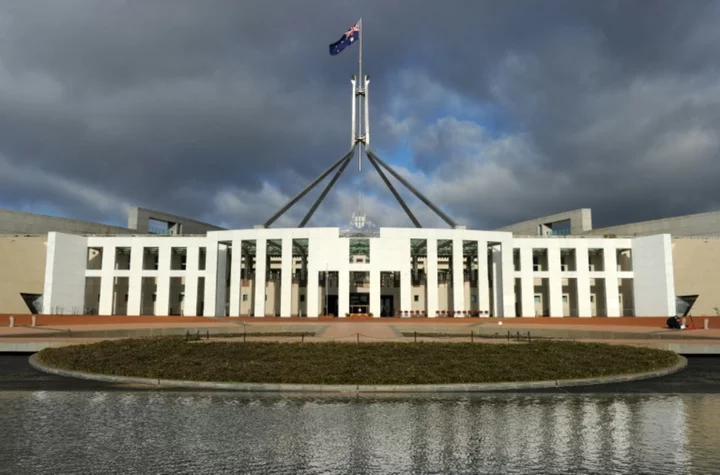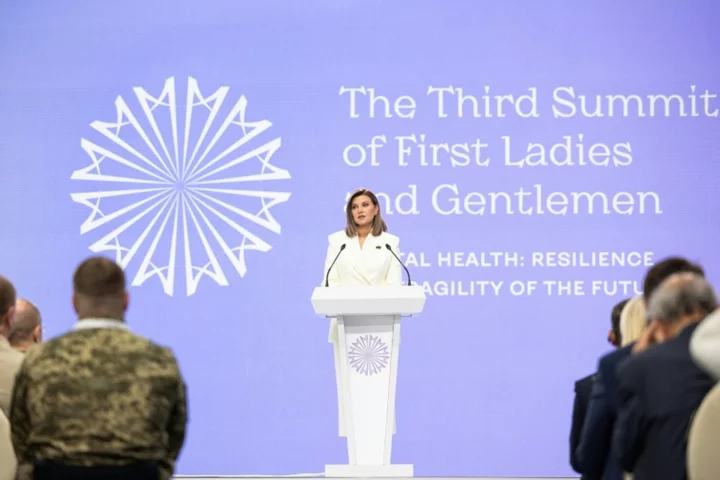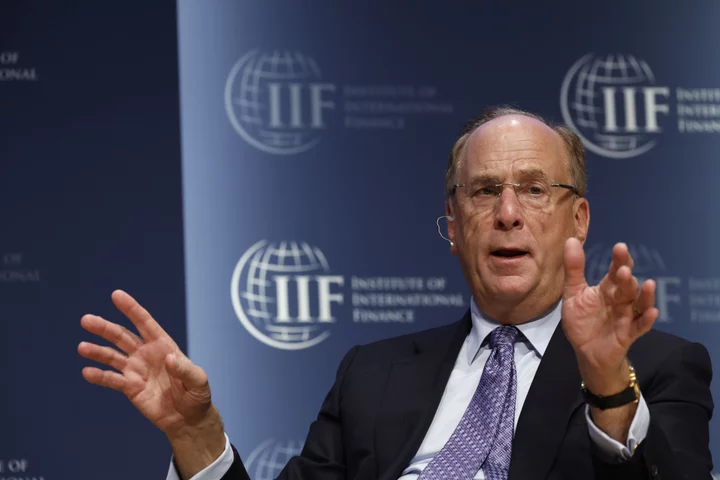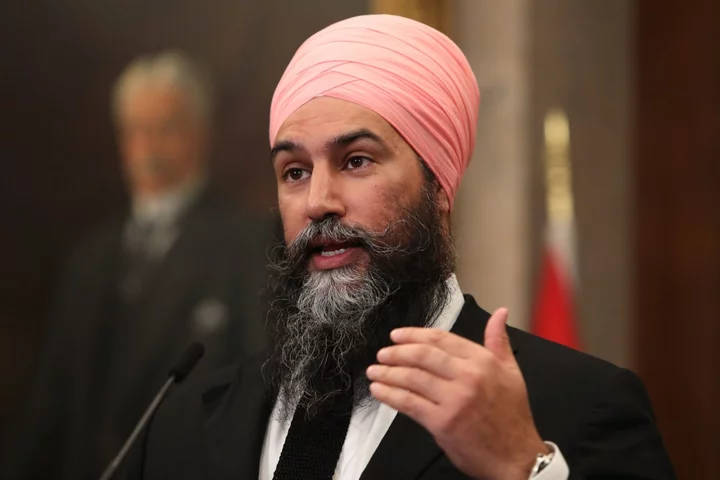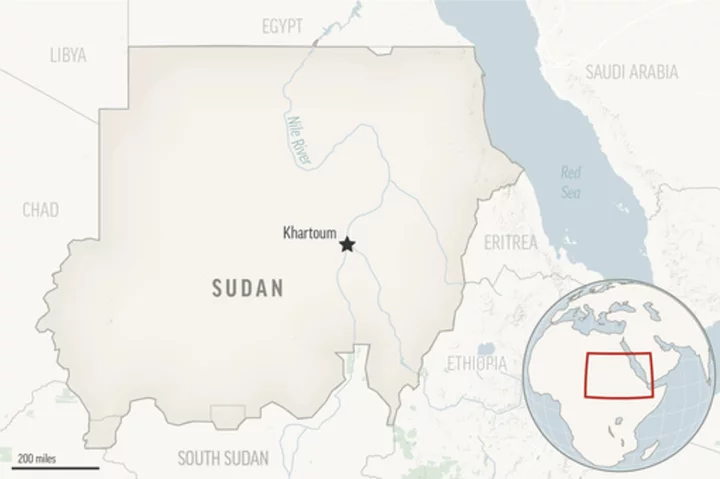Australia blocked Russia from building a new embassy in the shadow of Parliament House Thursday after intelligence officials warned it posed a spying risk and security threat.
Russia holds the lease for a parcel of land about 400 metres (0.25 miles) from Australia's parliamentary precinct in Canberra and has been laying the foundations for a new embassy building.
But, after failing to block the development in the courts, the Australian government passed new laws on Thursday that were specifically drafted to halt construction.
Prime Minister Anthony Albanese said the laws were rapidly pulled together following a meeting of Australia's National Security Committee.
"The government has received very clear security advice as to the risk posed by a new Russian presence so close to Parliament House," he told reporters.
"We are acting quickly to ensure the lease site does not become a formal diplomatic presence."
A Russian diplomat told AFP that "the embassy is seeking legal advice" in the wake of the announcement.
Kremlin spokesman Dmitry Peskov blasted the decision on Thursday.
"To our regret, Australia diligently continues to follow the path created by the authors of the Russophobic hysteria, which is now active in the countries of the collective West," he said.
The new laws, passed with bipartisan support, do not stop Russia from having a diplomatic footprint in Australia -- only from building so close to parliament.
The legislation also acknowledges that Russia may be eligible for financial compensation.
- Capable, aggressive and unconstrained -
Counterintelligence expert and former FBI agent Dennis Desmond said it was reasonable to suspect Russia would use the proposed embassy site as a base to spy on Australian politicians.
"The decision to place an embassy in a location obviously has very specific intent behind it," he told AFP.
"There's a variety of techniques and tactics they will use."
Desmond said this could include signals intelligence and tailing Australian officials.
Former UK diplomat Alex Bristow, from the Australian Strategic Policy Institute, said it was likely the government had received an "emphatic" warning from intelligence agencies.
"Given the proximity, it could be a form of electronic surveillance operating out of the embassy," he said.
"Russia has some of the largest, most capable, most aggressive and least constrained intelligence services in the world," he said.
"And they're given leeway that we would never give a Western intelligence service."
Albanese said he expected some blowback from Russia.
"We don't expect Russia is in a position to talk about international law, given their rejection of it so consistently and so brazenly with their invasion of Ukraine," he said.
- Agreement terminated -
Russia acquired the lease to the scruffy paddock in 2008 through an agreement with the National Capital Authority, a federal government agency, and was granted building approval in 2011.
It planned to move there from its current site, a hulking brick building in an unfashionable part of the city overlooking a funeral parlour, a pub and a petrol station.
Construction has progressed at a glacial pace and the site remains strewn with detritus and building materials.
Although the government was initially comfortable with the plans, it has been scrambling to tear them up as relations have soured in the wake of Russia's invasion of Ukraine.
A previous attempt to cancel the lease was thrown out by the federal court last month, prompting the pivot towards national security legislation.
sft/arb/lb/pbt

